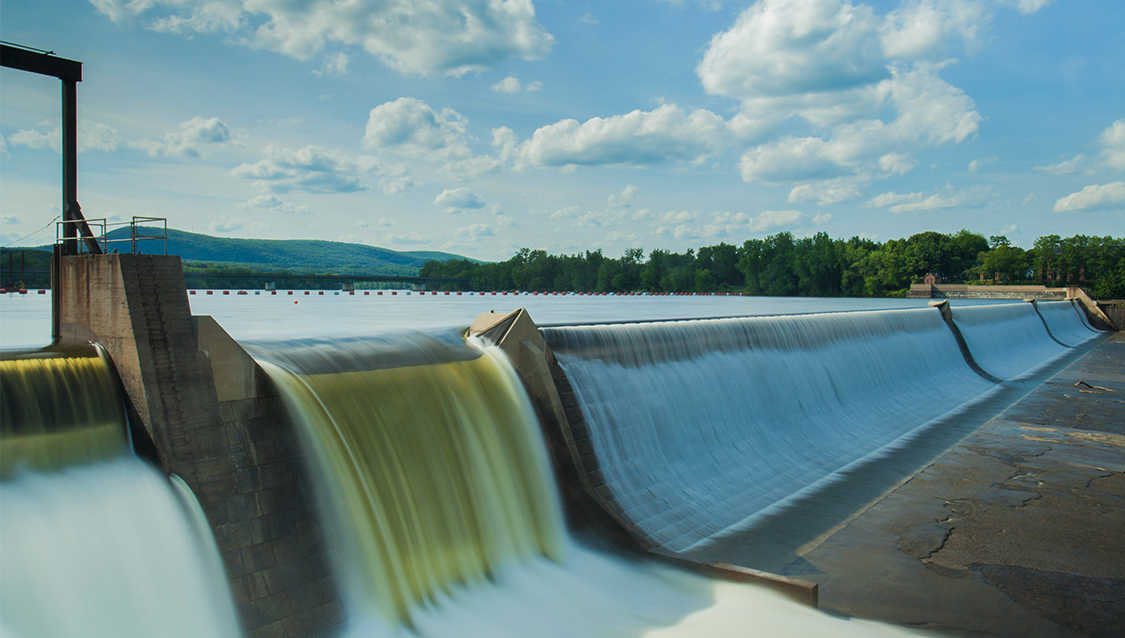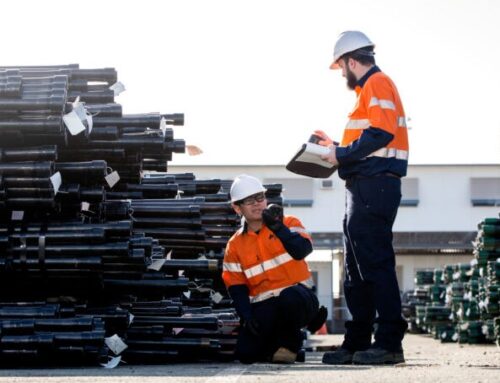The goal of net zero by 2050 has become the north star for the evolving energy sector and oil and gas companies will be instrumental in leading the transition. In this blog, we explore the skills and expertise the industry can leverage to support this large-scale shift to renewable energy and the drastic reduction of global carbon emissions.
How oil and gas companies can lead the decarbonisation effort – commercial and industrial knowledge
From wind, solar and hydro to geothermal and nuclear, the range of low-carbon energy options has grown dramatically over the past few decades. Though the application of some of these cutting-edge low-carbon technologies is still becoming clear, the oil and gas industry is at the forefront of energy innovation and has a long history of employing its vast commercial knowledge to dynamically parse new technologies into efficient solutions.
The deployment of effective renewable energy projects on a global scale will also require skilled logisticians and supply chain management professionals. This is a skill set that is intrinsic to the oil and gas industry, which is responsible for moving products and services valued at approximately US$4 trillion annually through its vast network of interconnected supply chains. By bringing this skill set to the planning and implementation of renewable energy projects, the oil and gas industry is uniquely positioned to effectively support the execution of these initiatives and integrate them with the activities of their own sector.
That being said, some oil and gas companies may have knowledge gaps when it comes to the new energy frontier, particularly those that have so far underinvested in the renewable energy sector. These companies will need to address these gaps and develop a more comprehensive understanding of what their customers’ evolving priorities and concerns are when it comes to renewable energy.
Mitigating risk
Given the scale and importance of the renewable energy projects that will be necessary to achieve net zero by 2050, the need for robust risk management plans and contingencies cannot be overstated. The oil and gas industry is experienced in mitigating and managing risk on a variety of fronts, from market and safety risks to those inherent in managing energy projects across international jurisdictions. Many of these same risk management considerations will prove just as relevant to the execution of large-scale renewable energy projects, underscoring the importance of leveraging the skills and expertise of the oil and gas industry.
Technology-driven cost reduction
In recent years, geo-political uncertainty and the global response to COVID-19 have produced volatile economic conditions. These conditions have seen both inflation and supply chain costs rise dramatically, negatively impacting customers and businesses alike.
Within this context, oil and gas companies experienced difficulty completing large-scale projects on time and on budget. This necessitated innovative approaches, whereby technological solutions were employed to streamline processes and reduce the impact of economic uncertainty. In fact, the industry has a proven track record of employing these technologies to enhance productivity. It would no doubt be able to leverage this experience to assist in the execution of renewable energy projects in the face of an unpredictable economic future.
Technology-driven solutions will also prove instrumental in facilitating the decarbonisation effort, especially as it becomes possible to generate, access and leverage highly granular, real-time data that can be used to track performance and assess adherence to regulatory requirements.
Economic resilience
Financing the energy transition is going to be a costly and lengthy process. In fact, some estimates suggest an annual investment of US$5.8 trillion will be needed to achieve the transition to net zero by 2050. With its vast experience in weathering economic volatility, the oil and gas industry has demonstrated a proven capacity to raise significant amounts of capital and provide reliable returns to investors. As such, the industry is well-placed to meet this challenge head-on through investment in innovation and renewable energy initiatives.





